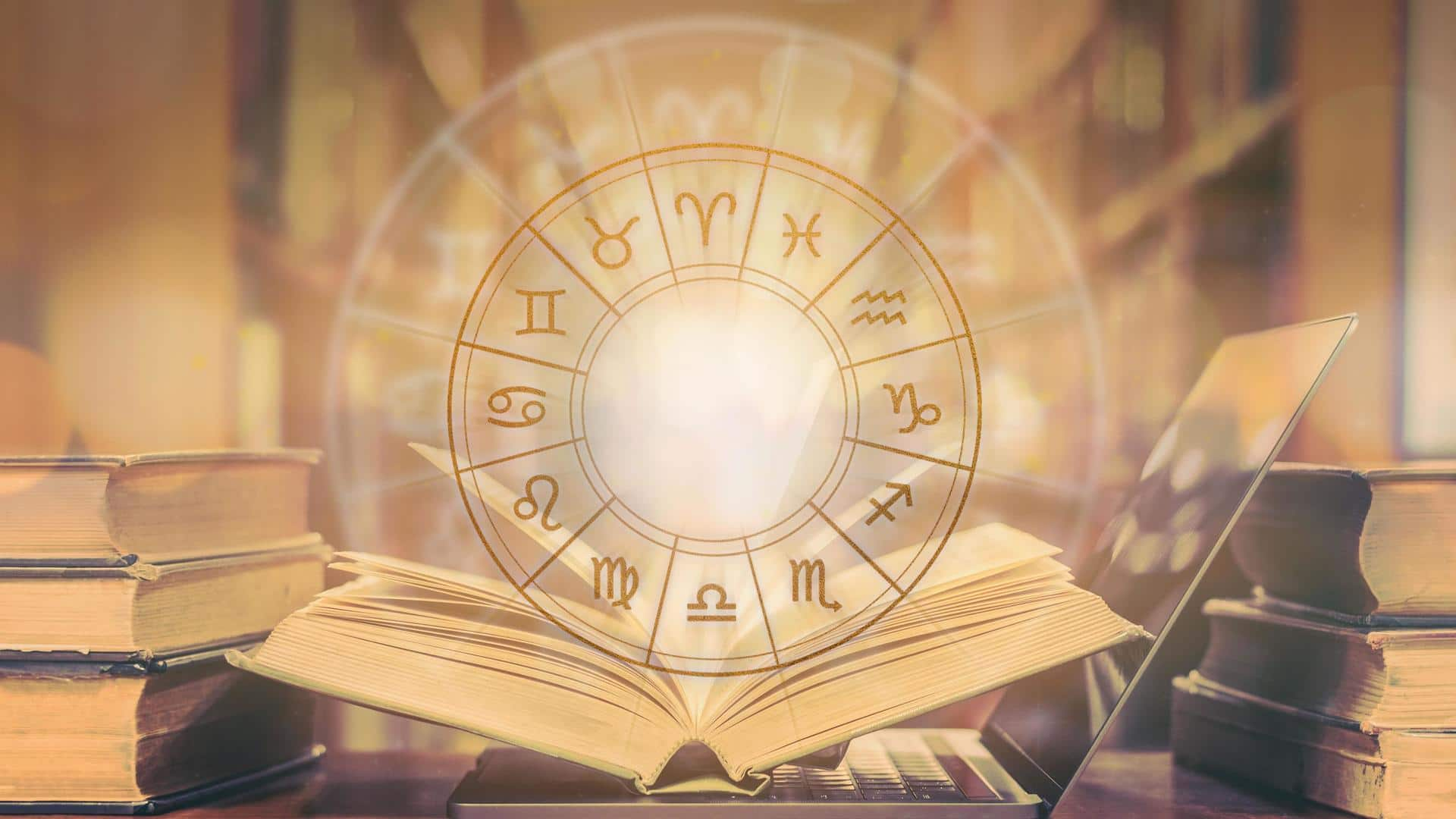
Astrology Day: Dive deeper into the cosmos with these facts
What's the story
An ancient practice with its earliest evidence dating to the 3rd millennium BCE, astrology was considered an academic discipline in many parts of Eurasia until the 17th century. Each year, people celebrate Astrology Day any day between March 19 to March 22, however, this time we are celebrating it on March 21. So to commemorate this occasion, here are some interesting facts about astrology.
Fact 1
You have more than one sign
Most of us are only aware of the sun sign in which we are born. However, besides that, every person also has a moon sign and a rising sign. While your sun sign dictates your personality, your moon sign governs your emotional state and moods. The rising sign, on the other hand, showcases your external self or how others see you.
Fact 2
There are at least nine types of astrology
Since the dawn of civilization, different communities around the world have been looking at the cosmos differently for various purposes. While some use it for agriculture and crop harvesting, others use it for weddings or treatments. As a result, there are at least nine types of astrology including modern, traditional western/psychological, evolutionary, Vedic (the oldest of all), horary, locational, electional, relationship, and medical.
Fact 3
The Japanese use blood types instead of zodiac signs
To determine one's personality traits, the Japanese use their blood types instead of zodiac signs! People with blood group A are known to be highly organized and meticulous, while those with blood group B are easy-going and aren't afraid to speak their minds. Blood group AB combines the traits of both blood groups A and B, while blood group O is eccentric but optimistic.
Fact 4
Hitler was a huge fan of astrology
Yes, even Adolf Hitler believed in astrology! Astrologers around the world predicted the events in his life that came out to be true, right from his rise to power to an assassination attempt on him. It is even known that he used to consult astrologers during World War 2 to predict its outcome and take the necessary measures.
Fact 5
Your mood swings could be because of the moon
Astrologers believe that the moon casts the same effects on humans as it does on the water bodies. When it is a full moon, your emotions may heighten owing to the moon's gravitational force, just as how the tides in the oceans rise turbulently. Research dating to 400 B.C. reveals that the moon's pull leads to behavioral changes in humans.